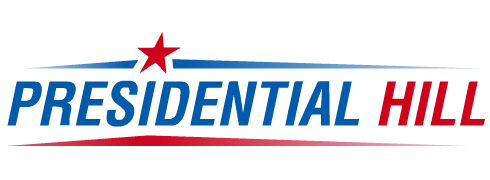
Another university is facing a federal complaint over civil rights violations after two of its scholarship programs have been deemed to discriminate against people based on race.
The Legal Insurrection Foundation’s Equal Protection Project filed a complaint last weekend with the Office of Civil Rights at the U.S. Department of Education. It claims that Western Kentucky University offers two scholarships that “are only available to non-white students.”
The scholarships in question are the WKU Distinguished Minority Fellowship and the WKU Athletics Minority Fellowship.
According to the EPP’s complaint, these scholarships are in violation of the Civil RIghts Act of 1964’s Title VI, as well as the Equal Protection Clause of the U.S. Constitution’s 14th Amendment.
To support its case, the non-profit EPP pointed to a ruling by the Supreme Court recently that determined that “eliminating racial discrimination means eliminating all of it.”
In their ruling, the Supreme Court justices wrote:
“The guarantee of equal protection cannot mean one thing when applied to one individual and something else when applied to a person of another color.”
WKU describes its MF as providing scholarships to at least four undergraduate students to use during the 2023-24 school year, for students who are interested in a career that focuses on collegiate athletics.
The school says the goal of the scholarship, which is worth $1,000 per semester, is to “enhance the success of students of color – excluding student-athletes on athletic scholarships – within the athletic department’s administrative areas.”
Students who want to qualify have to “identify as an underrepresented ethnic minority.”
To be eligible for the DMF scholarship at WKU, students must have a “minority status,” which means they have to be either “African American, Indian/Alaskan Native, Native Hawaiian/Pacific Islander, two or races or Hispanic/Latino.”
In response to these two scholarships, William A. Jacobson, the founder of the EPP, said:
“WKU should know better to run education and career programs that exclude students based on race. Such blatant discrimination always has been unlawful, but any doubt was resolved by the Supreme Court recently in its affirmative action ruling. A goal of ‘diversity’ no longer can be used as an excuse to discriminate.”
Since the Supreme Court abolished affirmative action for school admissions a few months ago, the EPP has been taking the lead in holding colleges and universities accountable.
In early August, the non-profit filed another complaint against the University of Nebraska-Lincoln regarding the school’s Black Public Media residency program.
The university says the program is designed “to serve Black filmmakers, artists and creative technologists – given the well-documented, low numbers of Black filmmakers, executives and artists working in the tech industry and the high cost to acquire specialized equipment … and training on emerging technology equipment and software.”
The EPP is alleging that the program violates both the 14th Amendment’s Equal Protection Clause and the Civil Rights Act – just as it’s arguing in the Western Kentucky University complaint.














